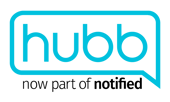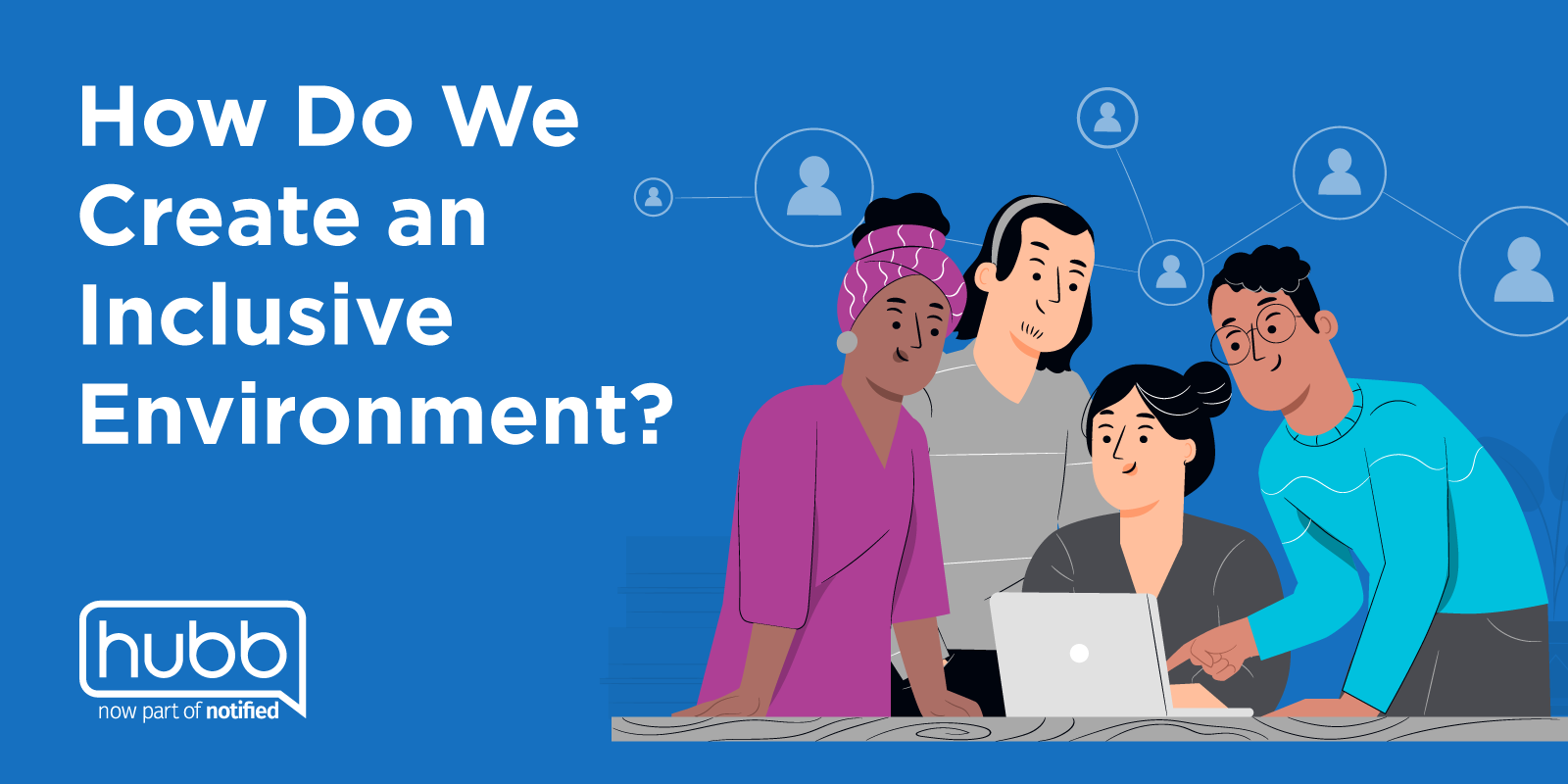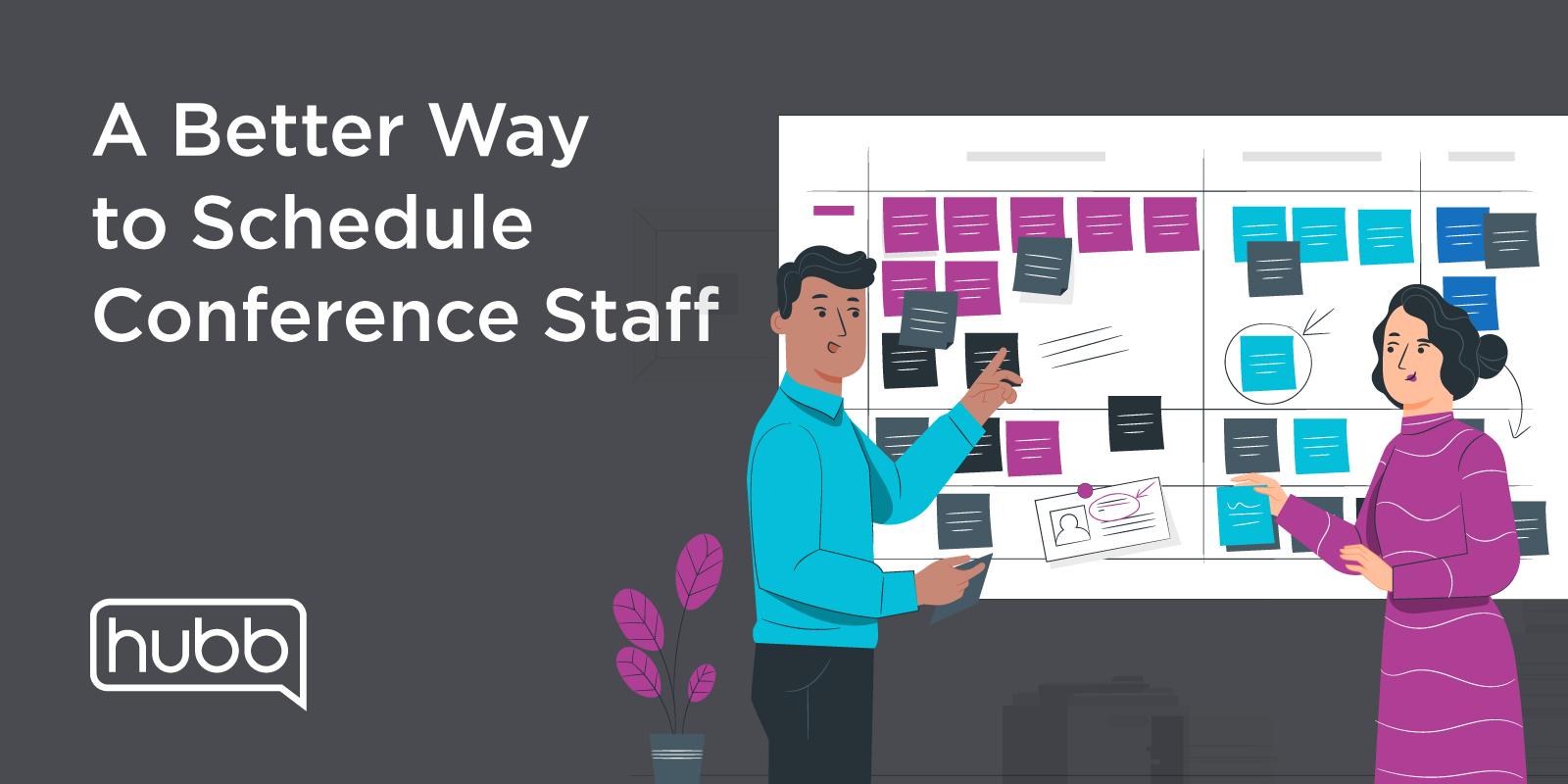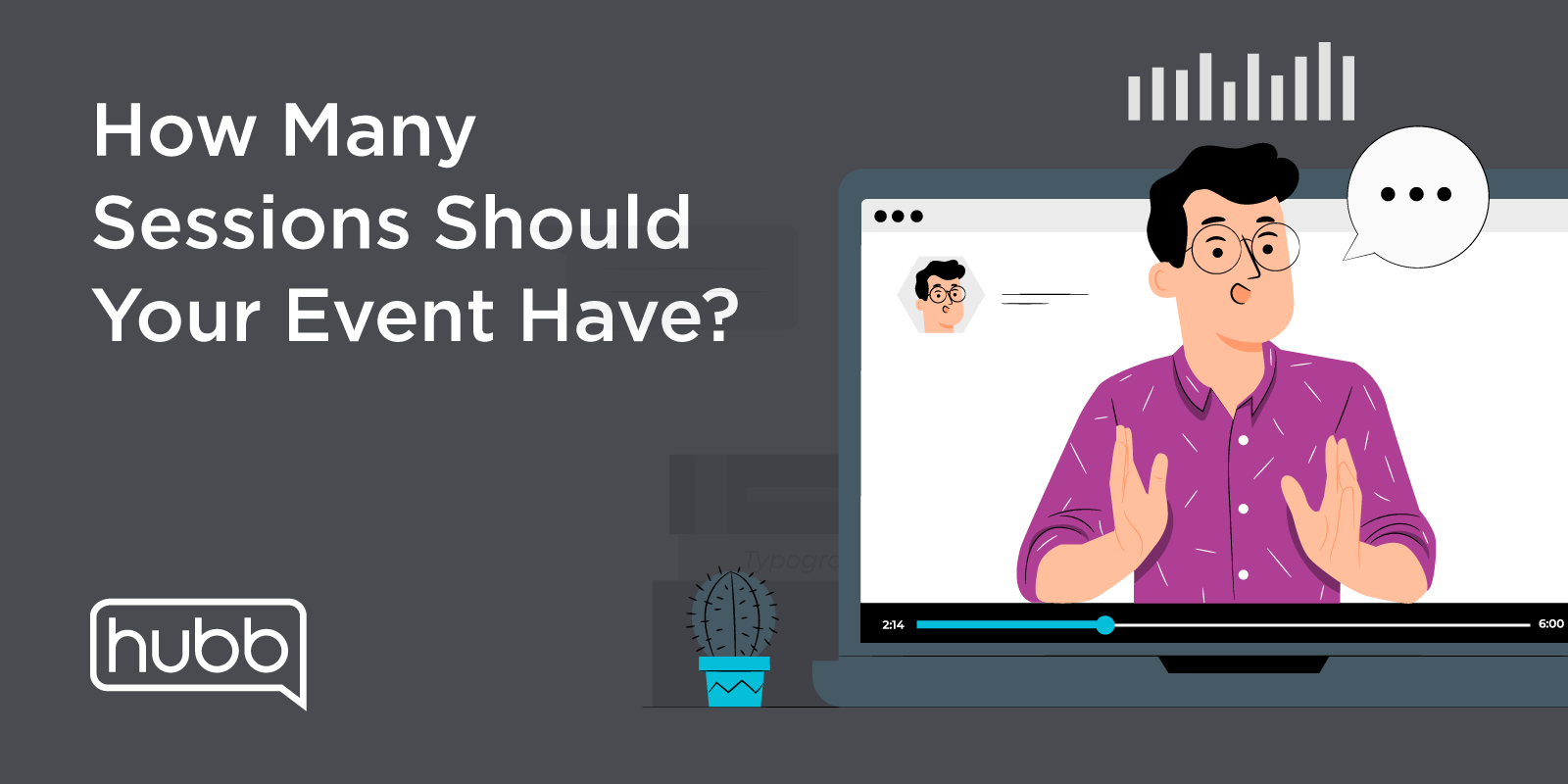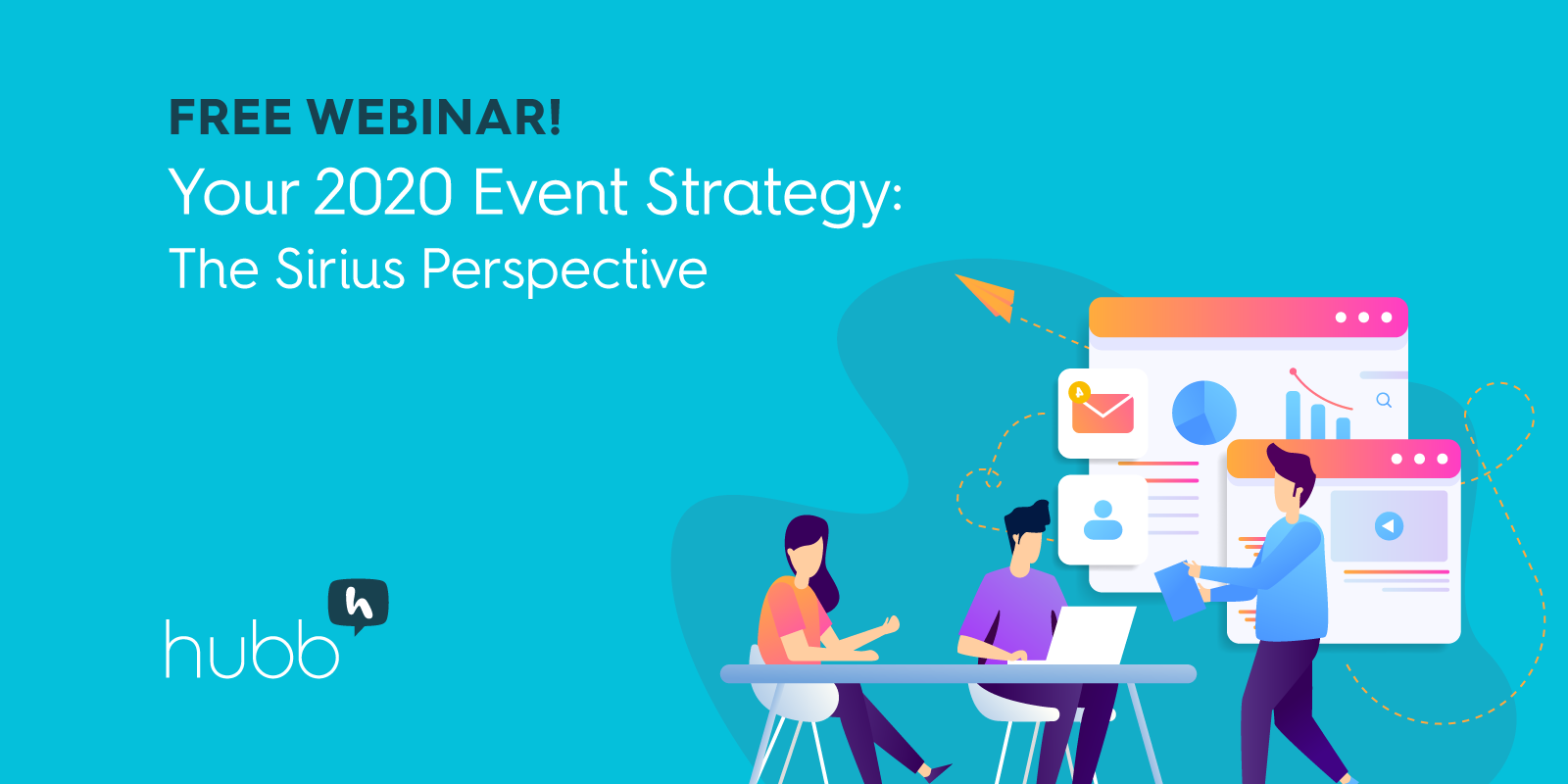
C-Suite presenters and famous personalities are often the stars of a conference, no doubt about it. These keynote speakers deliver grand, sweeping, inspirational messages that enthrall audiences. But after the dust has settled, it’s back to business. Or down to business. In the days that follow, hundreds, if not thousands of introductions may take place. You might say that this is when the real work gets done.
Think about it. Everyone that comes to an event brings with them their professional background and interest. Each of these people want to learn more and hear from others in their field. Your task, as an event organizer, is to satisfy those demands.
In short, you need to feature your experts and products every bit as much as you feature your CEO or CMO. Get these developers, product experts, marketers and salespeople out onto the floor! Have them conduct seminars, classes, even one-on-ones. One recent conference—one of the largest IT events in the world—had tens of thousands of attendees and offered up no fewer than 1,600 experts to meet with!
Every day during this event, these experts were in conference rooms, lobbies, and coffee shops, talking to customers, developers and partners. Schedules were packed and thousands and thousands of connections were made.
Putting on an event like that is a massive undertaking, but a necessary one. Here are just a few of the steps that this IT giant took to make sure their event was the big success that it was. Note that many of these steps need to be taken months in advance.
- Identify your experts. Find the people in your organization that have expertise. If they’re good with people, so much the better, but the most important thing is that they are knowledgeable. You should know from previous events what types of experts are most in demand (and if you don’t this is something you should start tracking).
- Prepare your experts. Give them talking points, visual aids, and on-brand messaging that supports them as well as your organization.
- Provide Bios. Before the event, make sure bios of your team members and experts are available to all attendees. Be certain that the bios accurately describe each team member. That way, attendees will be able to connect with the right people and there’s less chance of frustration on both sides.
- Schedule your experts. Find them time slots and venues that will work for them and their needs. At some events, you may need to control access to your experts. That is, you may only want qualified attendees to interact with your most in-demand experts. Finally, don’t overbook your experts or they may burn out!
- Capture information. Get the names and titles of the people who want to meet with your experts. This will help you learn about how your product or service is used, as well as guide your planning of future events.
- Don’t have a free-for-all! Whatever you do, don’t just offer up your experts at a central location, with no schedule and no signage. This type of format only leads to frustration and failure.
Following these simple steps will help you make the most of your event! It will ensure that everyone’s time is used efficiently and that your event is everything it can be.
Want to investigate having expert meetings at your next conference, but overwhelmed by the scheduling nightmare? A meetings management tool may be just the thing to help you organize it all (and prove ROI).
